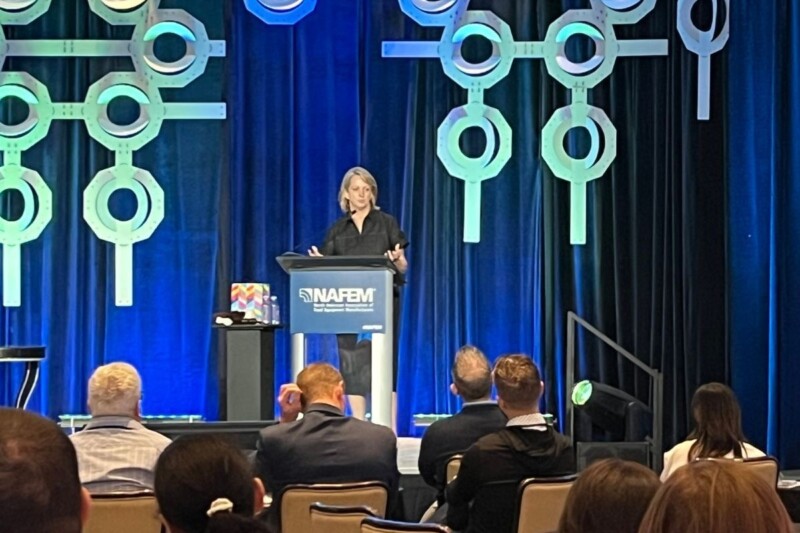
Curtis Rayford Jr. has rejoined Polar King Int’l. (where he worked from 2018-2022) as a service technician.
He will work at the company’s Fort Wayne headquarters, and he will be responsible for providing customer service related to the installation, repair and maintenance of Polar King’s walk-in refrigeration equipment.
Rayford has several years of refrigeration and manufacturing experience. Most recently, he served as a mold technician with BFGoodrich.
“It’s great to return to Polar King, where I’m already familiar with so many colleagues,” Rayford says. “This is a great company that I know inside and out, and I’m excited to help service our cold storage customers with the best product on the market.”
RELATED CONTENT
- Advertisement -
- Advertisement -
- Advertisement -
TRENDING NOW
- Advertisement -
- Advertisement -
- Advertisement -


